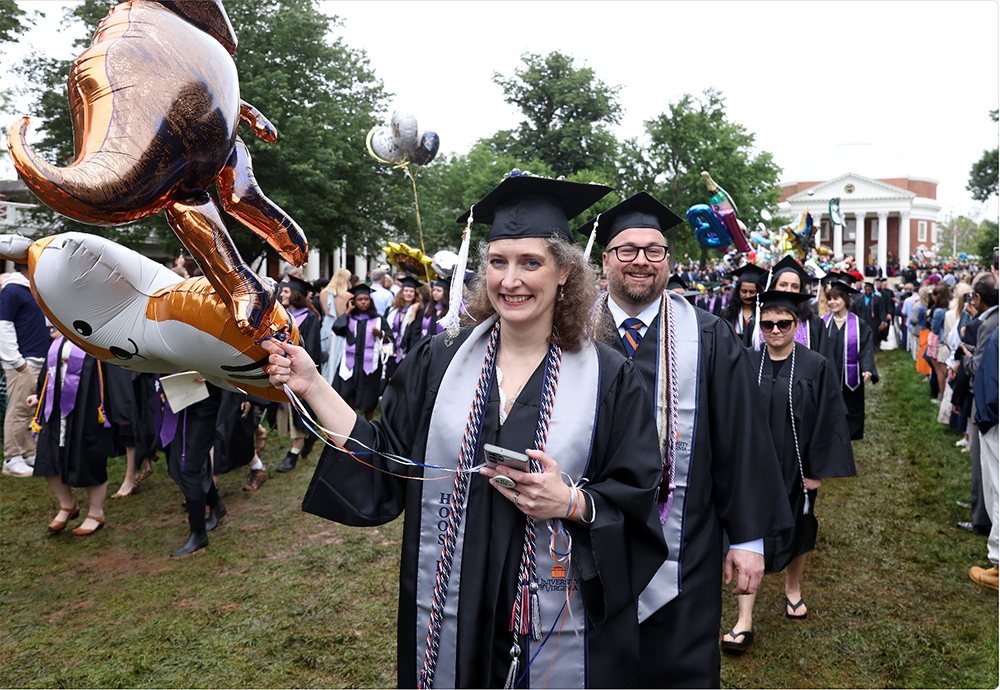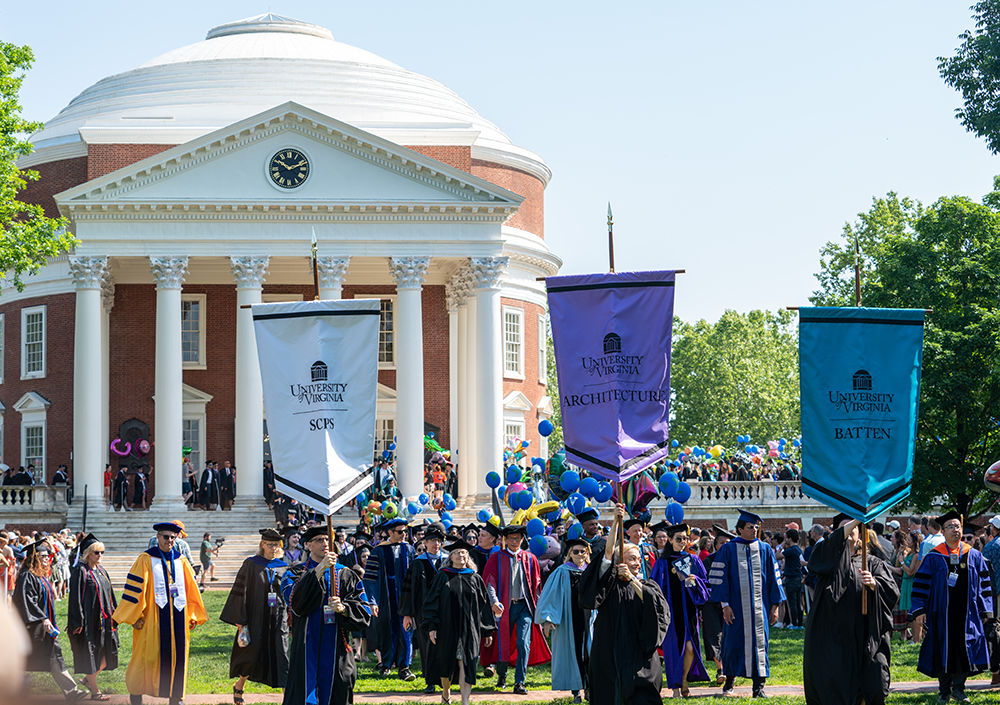Students Acquire Invaluable Career Skills during their Bachelor’s Degree Programs
An undergraduate degree program includes project work that can provide invaluable hands-on experience. Projects like case studies, conducting research studies or developing business plans are great ways to showcase your capabilities to potential employers. They not only improve your resume, they often also directly translate to real-world applications in the workforce. In addition to enhancing your technical skills, collaborative projects also foster essential soft skills such as teamwork, communication and time management. By tackling real-life challenges, students learn to apply theoretical knowledge to practical situations, bridging the gap between classroom learning and industry demands. This project-based approach is instrumental in preparing you to excel in your career, demonstrating your ability to contribute to an organization in meaningful ways.
Through this program, you see that you are impacting more than just yourself in earning a paycheck as a healthcare provider. Now, it’s me in a community of people, and what I do affects all these people.
Tanya Blaine, UVA SCPS BPHM '22
The Benefits of an Undergraduate Degree go Beyond Job Preparation
Pursuing your bachelor’s degree is also about more than attaining a better job and making more money. The practical skills gained for the workforce complement what Steven Mintz, professor of history at the University of Texas at Austin, calls “the hallmarks of a liberal education” – things like critical thinking, ethics and cultural awareness. Combining the two skillsets will make you more resilient, adaptable and compassionate as you navigate changes in the job landscape. You will have the confidence and expanded worldview to apply what you’ve learned to think strategically and understand the bigger picture of your work. The skills you will gain in a well-rounded undergraduate education will give you the flexibility to explore diverse career paths and help you stand out as a potential leader in the eyes of employers.
Finishing at almost 35 now has given me this sense of confidence in myself that I didn’t have before. And I’m not sure I would have had that same level of belief in myself had I gone to a traditional four year (college) when I was younger.
Brittani Gowen, UVA SCPS BIS, ‘24
New developments like Artificial Intelligence (AI), automation and the gig economy have resulted in predictions that today’s known jobs and required workplace skills will reduce by 40% in the next fifteen years. These changes and disruptions to our current workforce mean that some specialized degrees tied to some specific careers may become less important, while life skills like critical thinking and resilience will come to the forefront. Bachelor’s degrees similar to a Bachelor of Arts are finding new relevance today as they are uniquely positioned to prepare students for an increasingly complex and undefined workforce.
The new premium, forecasts agree, will be on the development of the life-long and life-wide competencies and capacities that are core to the liberal arts: critical and creative thinking; information location and synthesis; knowledge design, creation and management; capacity to navigate uncertainty, intellectual agility, tolerance for ambiguity and, last, self-reflection – namely students’ ability to know themselves, what they can do and who they can be.
James Carson, Head of the School of Humanities, Languages and Social Science, Griffith University
Earning your Bachelor’s Degree at UVA’s School of Continuing and Professional Studies
At UVA’s SCPS, we believe providing high-quality, accessible and affordable education can transform lives and advance careers. Our liberal arts-based bachelor’s degree completion program opens the world to students, introducing students to new places, cultures and ways of thinking. The curriculum and learning experience develop students as inquisitive individuals who love learning. Students report that they become better writers and thinkers, and become more engaged in their own communities.
SCPS’s Bachelor of Interdisciplinary Studies and Bachelor of Professional Studies in Health Sciences Management degree programs are designed to accommodate working adults, with online classes taking place in the evenings. Programs are flexible and tailorable, allowing students to construct their own experience and go at a pace that works for them.
SCPS courses are taught by professors who are passionate about what they teach and invested in their students’ success. Most of our courses are taught live online, allowing students and professors to engage in discussions as an active community of learners and form bonds that last a lifetime. Classes are diverse in age, experience and culture, and the diversity of perspectives adds to the richness of the learning experience.
When SCPS students complete their bachelor’s degree, they walk the UVA lawn with every other graduate.





